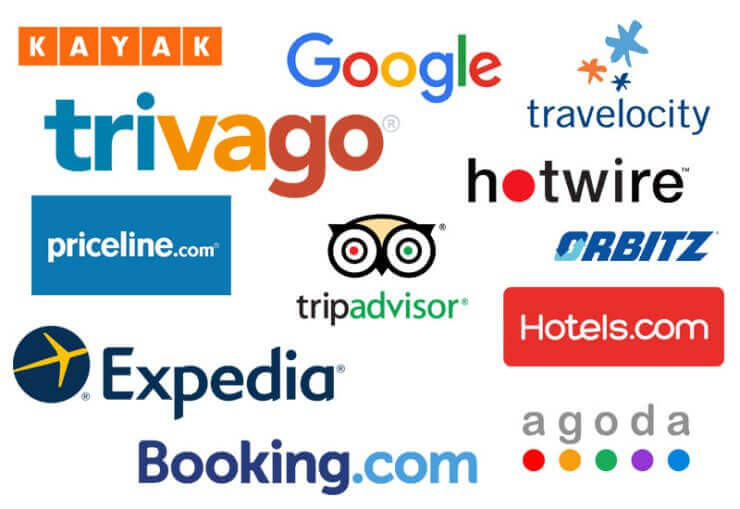
The coronavirus pandemic has made many hotel companies more eager for bookings without online travel agency commissions and with data on who the customers are. Price comparison websites are a significant source of such bookings, and new tools are making it easier for smaller hoteliers to ramp up their ad purchases on these metasearch brands.
Until now, independent hotels and regional hotel groups haven’t spent on metasearch. Yet some technological and cost barriers are falling away for smaller players. Plus, the sector’s revenue crisis has driven some desperate hoteliers to try new things.
“Many small hotels are operating at low capacity,” said Richard Clarke, a senior analyst at Bernstein Research who covers European leisure and hotels. “If I’m a hotel manager, I know I’m not going to be refurbishing the property. So I can use my extra time to see how to use metasearch to cut my biggest cost line after labor, which is distribution — which is about 30 percent hotel profitability.”
Advertising on metasearch is a long-standing best practice for major hotel groups. These ads are often cheaper than paying commissions to online travel agencies. Top metasearch brands include Google Travel, Tripadvisor, Kayak, Skyscanner, Trivago, Wego, and Qunar.
Yet while Accor, Marriott, and others have long bought metasearch ads, it’s easy to forget that most hotels worldwide haven’t used metasearch yet.
“Metasearch will become a bigger part of the media mix for smaller hotel companies this year,” said Tina Markowitz, vice president of digital media and analytics at digital agency Cendyn.
GOOGLE’S GROWING POPULARITY
Low revenues are causing hotel marketers to prefer to only pay for confirmed bookings, rather than for than metasearch’s typical cost-per-click ads for speculative searches, which may or may not result in bookings.
In April, Google, owned by Alphabet, began offering to small hotel companies pay-per-stay and pay-per booking commission models for its Google Hotel Ads product. It had previously limited the commission-based models to big brands under limited circumstances.



